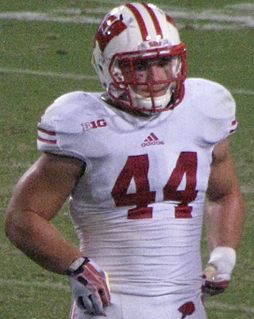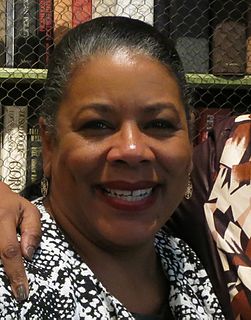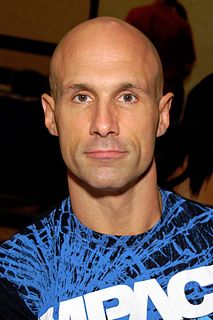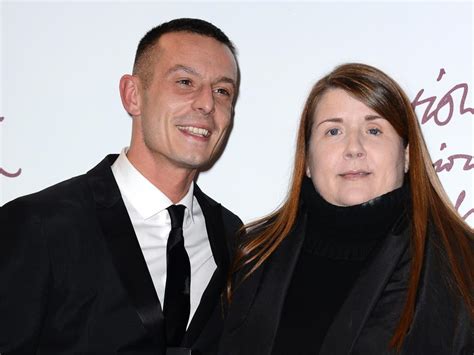A Quote by Lucy Walker
I think we've reached that point where we understand medically what we are doing to ourselves with these sports. In football, it's kind of hard to get the access that you want for the story and, of course, it's very long-term: the effects of the repeat concussions really don't hit until decades afterwards, whereas the traumatic injuries in extreme sports are very immediate. I realized Traumatic Brain Injury was a fascinating and important story that not had been told very much. I wanted to know more.
Quote Topics
Access
Afterwards
Been
Brain
Brain Injury
Concussions
Course
Decades
Doing
Effects
Extreme
Extreme Sports
Fascinating
Football
Get
Had
Hard
Hit
I Realized
Immediate
Important
Injuries
Injury
Kind
Know
Long
Long-Term
More
Much
Ourselves
Point
Reached
Realized
Really
Repeat
Sports
Story
Term
Think
Traumatic
Traumatic Brain Injury
Understand
Understand Me
Until
Very
Want
Wanted
Whereas
Related Quotes
It's not just professional athletes and soldiers who are at risk from traumatic brain injury. More than 1.7 million people a year sustain a traumatic brain injury, and about 50,000 of them die each year, according the Centers for Disease Control. There are both emotional and financial costs from these injuries.
I look back and think of all the times I've had to let things go in the past, and how traumatic it seemed while it was happening, but how my understanding of it changed as time passed - and oftentimes things that seem really difficult and traumatic in the short term seem a lot less difficult and traumatic in the long term. So I remind myself of that.
A long iron rod rocketed straight through the very forefront of Phineas Gage's brain. It's kind of an unusual part of the brain: you can suffer pretty severe injuries to it and often walk away from the injury. It's not a part of the brain that's necessarily vital for your biological self. But it is very important for personality.
I would love to see more African-American females engaged in all aspects of sports. All of the research tells us that participation in sports has a very positive impact in both the short and long term. Girls who participate in sports have a higher self-esteem and are more likely to graduate from college, and 80 percent of female executives played team sports growing up.
Just as an informal, nonscientific observation, most people's personalities don't seem to change very much during their lives. There are exceptions in the case of people who go through hugely traumatic events or suffer from brain injury or disease. Some would argue that religious conversions can have deep personality-altering effects. But these are all exceptions to the rule.
I was obsessed with fairytales, and I was a very, very inquisitive kid, and I would ask my mom all kinds of questions. It all kind of formed a story in my head, and I really wanted to be a published author when I was 10, but I had a hard time writing a novel when I was 10. So I decided to wait until I was little bit older and then get it done.
I haven't had a cramp since '99. That was my only time, in Davis Cup, when I was panicky. I was young. I'm very proud of that. Never pulled out. Never had cramps. Never lost very much because of fitness, especially later on in my career where I knew I've put in the hard work. I've done that. I've been very fortunate and clever as well to understand how I need to work, when I need to work. So I'm very happy to have stayed injury free for so long. I hope I can still maintain a few good years on the tour. I really hope so.
We decided that sports, lifestyle and fashion were three elements that could be mixed together to a very unique formula. That's what we did: make Puma a very sports-fashion brand when, at the times, everybody talked about sports and sports performance and functionality. We said, 'Well, it's about more.'
Of course, there's some you think, well I wouldn't let them in the door, but there's not many. It's very important to know that it's a mutual thing, that there is respect and a form of teamwork. With quite a few of them it can be traumatic, but there are moments in here when they do extraordinary things with their designs. There are things of beauty I get to see in this office.




































